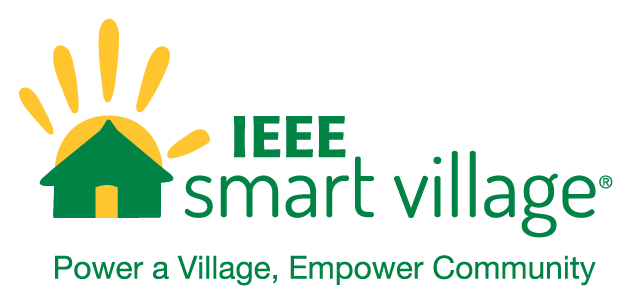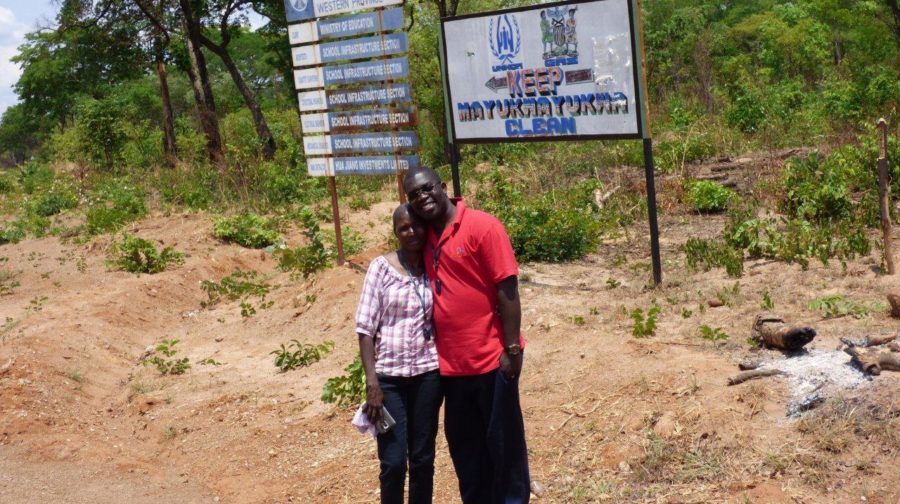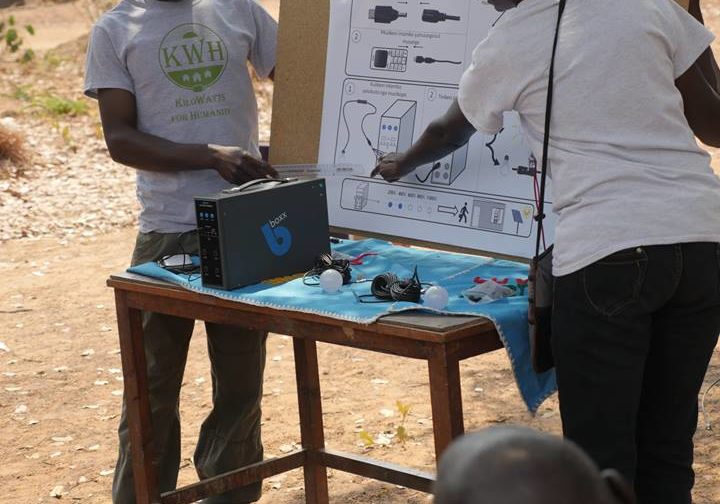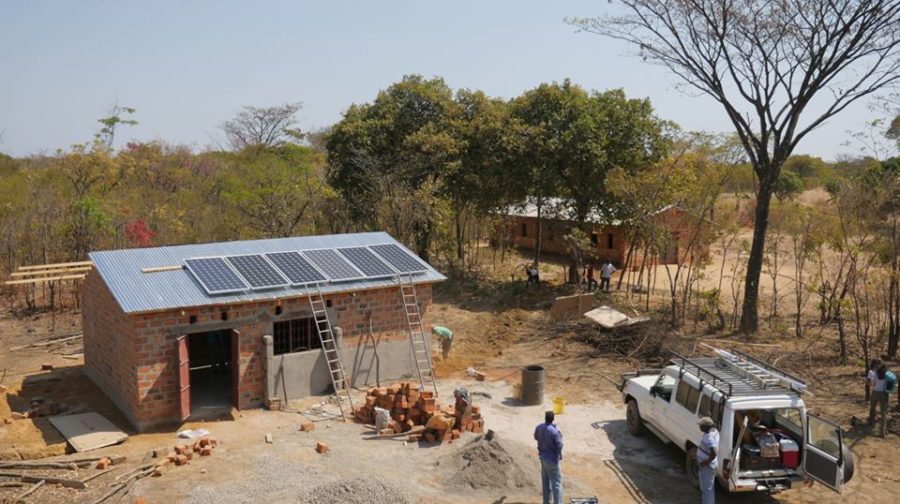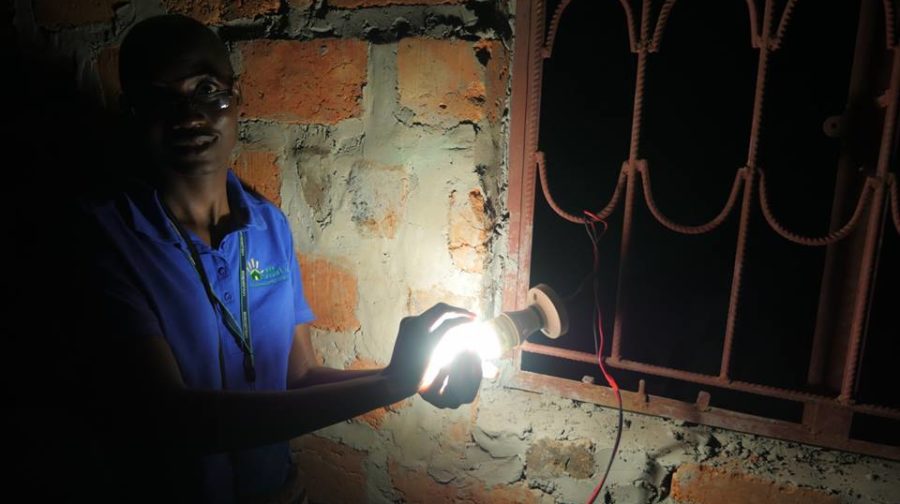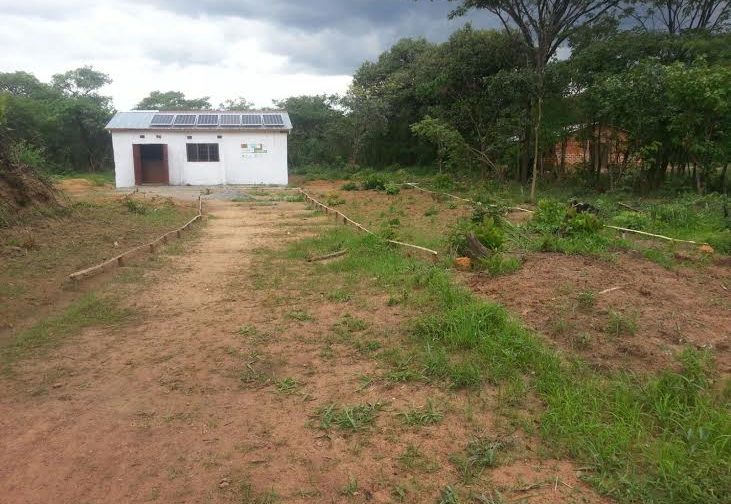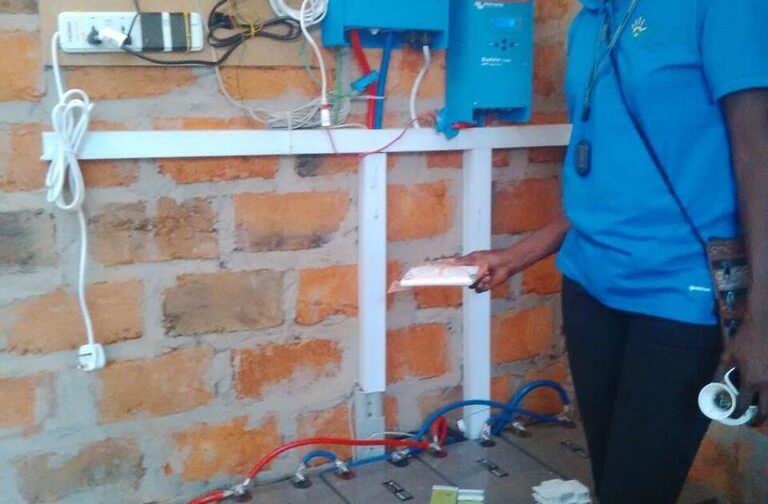Testimonial from Likonge Makai Mulenga in Zambia
April 2016. An update of our work in Zambia as told by IEEE Smart Village partner Linkonge Makai Mulenga:
To start with IEEE Smart Village is having a positive impact to communities be it young, old, poor, rich, man or woman. The impact is in terms of providing electricity to communities who have had no access to electricity despite them able to afford had they has access to it and also impact on education because with access to electricity one has access to life, information, health and good living standards.
IEEE Smart Village’s Impact on Women in Filibaba and Shikwakala
The center has an impact on women because as you all know, women contribute a lot in our society be it emotionally, socially, spiritually, education, caring, health and work. Gratitude is given to IEEE Smart Village on the positive impact the Initiative brings to women.
From the response I am getting in Filibaba and Shikwakala, here is the IEEE Smart Village impact on women:
– The women have lights in their homes now to help them access things in the house easily.
– No danger of house being on fire because of the use of fire frames, paraffin lamps or candles to light up at night. Women are always the ones to prepare food, serve food to their family members, so they are always the victims of fire hazards.
– They are now not afraid of being attacked by snakes at night when they want to go to toilet (outside the house), attend to a member of the family in the night or breast feed a baby for those with new born babies in their homes.
– In Shikwakala, my mother has had more number of women coming to her to deliver their babies ever since IEEE Smart Village bought her BBOXX17 solar kit than in the past when she had no electricity. She earns K50 ($5 equivalent) for every baby delivery she tends to, contributing to her income gain as well as safe delivery assurance to mothers she helps.
– Extension of time is added to their daily house chores as there is enough light even in the dark. Some women said: “We are able to work in the night which used to be difficult when we had no power.”
– Much joy added to women as they are seeing their children studying in the night. The worries are reduced because now children and women in adult education are able to study in the night increasing the concentration and knowledge to their school work.
– The two homes connected to Filibaba Kiosk have this to say: “We are able to watch TV and get connected to fellow women who are exposed to like good washing soap, variety types of baby food and a lot more which we never knew are in existence.” Women feel happy and this, in my opinion, will increase their lifespan.
– As a woman too, I thank IEEE Smart Village for helping me reach where I am today. They have helped me be known in Zambia as someone who helps improve people’s living standards. They have made me realize the potential within me that I can also make a difference in society. In the communities I am reaching, everyone is happy with me and are being encouraged. Women will now encourage and help their children to concentrate at school and avoid sending them in early marriages.
– – – –
I live in Chingola, Zambia, the country’s fifth largest city, founded after the establishment of the nearby Nchanga copper mine in the 1940s. Chingola has an airport, railway for freight, hospitals, and is known for its high-quality Internet service.
However, electricity in Zambia’s rural areas is exceedingly rare. Only three percent of our rural residents have access to electricity and all the opportunities that it can bring. As an electrical engineer, I have had the benefit of higher education and it is clear how access to electricity played a key role in my quality of life.
Growing up, I always dreamed of doing something for my community. My late uncle was a veterinarian who stayed in his local community; he did not move to the city. I thought I too would become a veterinarian, but in 12th grade I decided I would pursue electrical engineering.
As part of my master’s degree research, I had visited the nearby, off-grid village of Filibaba. When I left, the villagers thought I would never come back. Then I presented a paper at the 2013 IEEE Global Humanitarian Technology Conference (GHTC) in San Jose, Calif., where I met the people working on the IEEE Community Solutions Initiative, including Mike Wilson, Ray Larsen, Martin Niboh, Ifyeani Orajaka, Robin Podmore and Ron Moulton. Mike and Robin spent time with me and I saw a way to go back and make positive changes in Filibaba and realize my dream of working with my local community. And I am so thankful.
Through my research, I had encountered KiloWatts for Humanity (KWH), a nonprofit organization, which had experience in field settings such as Filibaba. In fact, KWH steered me to the IEEE and the GHTC. Working with IEEE Smart Village, of course, meant that an off-grid solution in Filibaba also had to drive a successful, local entrepreneurial service. I established LiChi’s Community Solutions, Ltd. (LiChi), a registered Zambian nonprofit association, and partnered with KWH.
Together we determined that an energy kiosk powered by solar photovoltaic panels could serve many purposes. Simply providing light at night would be of huge benefit to Filibaba’s inhabitants. Though Filibaba is rural and off-grid, its residents nonetheless have cell phones and other electronic devices. Light and communications could be the foundation for other valuable services powered by electricity.
Through IEEE Smart Village’s mentorship and the help of KWH, I composed a business plan and devised the technical specifications for the kiosk. By April 2015, IEEE Smart Village had approved our plans and awarded us a grant of US$24,650 to build the kiosk.
The implementation phase took place in September 2015, when KWH’s 11 volunteer-practitioners – including five students from Seattle University in the United States – assisted in the kiosk’s construction. KWH also raised and contributed more than US$8,000 to the project.
The system consists of six 300-watt, north-facing solar panels, a charge controller, four 12-volt, sealed lead-acid batteries arranged in series-parallel to create a 24VDC bus, a 2000 VA inverter, a battery monitor and a data broadcast and monitoring system developed by KWH for remote monitoring. The latter system measures total solar panel current, inverter input current, battery voltage and energy through pulse meters and transmits data once per minute, which is viewable online.
These technical details may be of interest to others considering similar projects. But the human impacts of access to electricity in Filibaba are likely to be more important.
The kiosk is open seven days a week. The kiosk offers mobile phone charging at a rate of 2 ZMW (US$0.20) per charge. Other electronic devices such as radios are recharged at 5 ZMW (US$0.50) per charge. These fees are on-par with costs in Chingola.
A shipment of 70 Solar Home Systems (SHS) were provided by IEEE Smart Village funding to LiChi. Thirty of the SHS will be available for purchase to residents of Filibaba, the remaining forty will be available to the residents of Shikwakala. The SHS in Filibaba can be purchased outright for 400 ZMW or financed over a 11-month period for 40 ZMW per month plus a onetime enrollment fee of 20 ZMW (460 ZMW total). The SHSs were purchased each for US$35.
Perhaps five nearby buildings may use the kiosk’s microgrid service via a wired connection and the Baptist church next-door is the first to use this service. The rate will be approximately 50 ZMW per kilowatt-hour (kWh). This is similar to what other microgrids charge, but it is 10 times the charge in a grid-tied connection elsewhere in the country, where connections are subsidized.
Portable battery kits are under consideration as another service and business opportunity.
With the kiosk in operation less than two months, usage has not yet reached the level identified in our business plan, but as knowledge of the service spreads, that is likely to change. With the kiosk, things have changed in Filibaba. We’re expecting to touch perhaps 5,000 people over the next two years. And people are coming from other communities and asking when they, too, can have a kiosk in their community.
